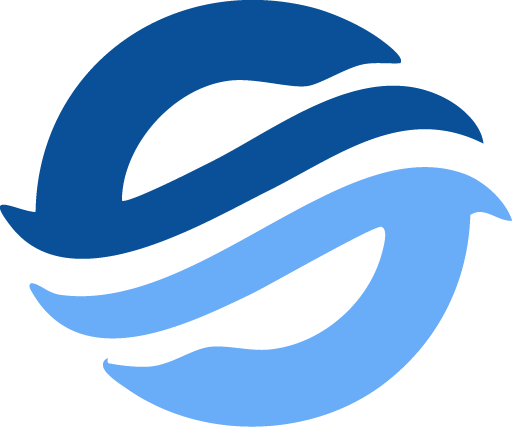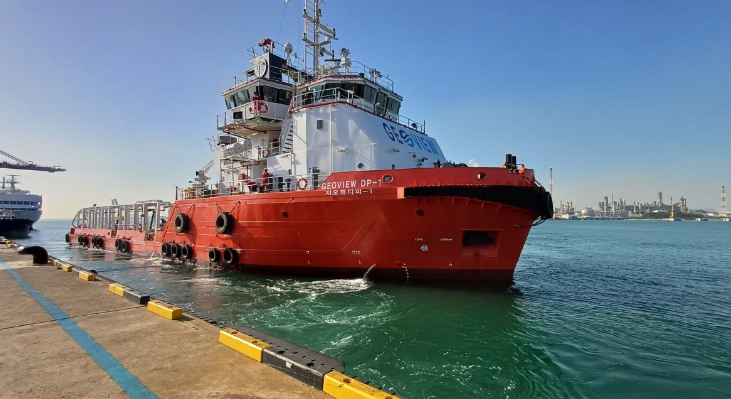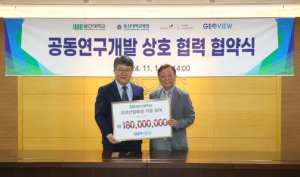By: Ahn Sang-Min, October 26, 2024
GeoView, a local company established in 2005 in Busan, provides a total solution combining geophysical and geotechnical surveys, offering comprehensive support for offshore wind projects.
GeoView has enhanced its competitiveness by introducing DP1-class (Dynamic Positioning Class 1) vessels and multi-channel ultra-high-resolution geotechnical survey (MC-UHRS) technology, making it the first in the domestic industry to do so.
Marine geological surveys require skilled personnel and expensive equipment, making it a high-barrier field. As a result, only a few companies in South Korea have achieved success in this area. Marine surveys are the first step in developing offshore wind projects, but globally-competitive companies are scarce in South Korea, and many foreign firms dominate the market. GeoView has actively invested in acquiring technology, as well as enhancing its equipment and workforce.
GeoView’s marine survey capabilities include various technologies such as depth measurements (MBES), high-frequency seabed exploration (SBP), low-frequency seabed exploration (MC-UHRS), unexploded ordnance (UXO/MAG) and mine surveys, and seabed imaging (SSS), supporting all phases of offshore wind development.
The company has also made large-scale investments to strengthen its facilities and survey capabilities. GeoView currently owns four survey vessels: GeoView DP1 (1,731 tons, DP1 class), GeoView 1 (121 tons), Geocean (499 tons), and Gista (1,554 tons).
Among these, the Gista vessel, dedicated to geotechnical surveys, is equipped with a 30-meter spud and 8-point anchor, allowing for efficient and rapid seabed sampling and field testing. It can simultaneously perform seabed CPT (cone penetration testing) and sampling tasks. The Gista, which held its launch ceremony on the 25th, will begin its first domestic offshore wind project in November.
GeoView’s strength lies in its two decades of experience working along most of Korea’s coastline and in deep-sea areas, accumulating local knowledge and expertise. The company has applied this experience to overseas projects in the Philippines and has successfully completed major projects in South Korea since 2022, working with global developers like Equinor, COP, and Corio.
Recently, GeoView has also been planning the installation of equipment for UXO (unexploded ordnance) detection in offshore, shallow, and coastal areas. Additionally, the company is pursuing the development of an unmanned surface vessel (USV) research program and acquiring remote-operated vehicles (ROVs) for operation and maintenance (O&M).
With the expanding domestic offshore wind market, GeoView is strengthening its competitive edge in all fields of marine engineering surveys to enhance the role and influence of South Korean companies.
A GeoView representative stated, “We have extensive experience in marine geophysical surveys and perform most geophysical survey projects with our own capabilities. As a specialized survey company that adheres to high standards, we will contribute to the development of South Korea’s offshore wind industry.”



